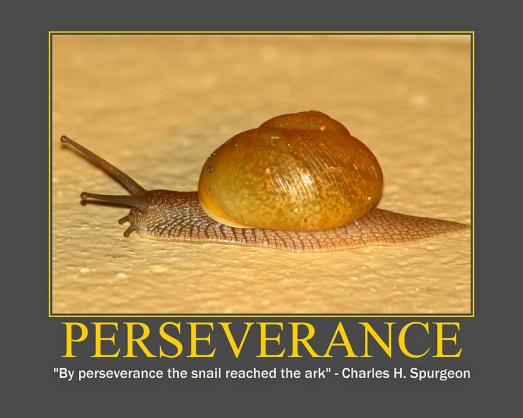Second Day of the conference – Wednesday will be posted later in the week since tomorrow will be a long travel day. Some of the things that hit home in my heart and ministry.
RHMA – Tuesday am – Page Patterson – Deuteronomy 6
You can’ teach what you don’t know.
Application – It is important culturally that we get back to the scriptural teaching of fathers teaching their children and grandchildren, the Laws, Statutes, and Judgements of God. The law works as a schoolmaster to lead to Christ. The statutes teach us that you must approach God on His terms, not your own. The Judgements teach us that God is a judge and will deal with us when we do things our way.
RHMA – Tuesday am – Shawn McMullen – Things that matter most – reflections on 40 years of ministry
- You are called to faithfulness, God is responsible for fruitfulness
- Your primary focus of discipleship is your family.
- You can’t offend a corpse (when you are dead to self, you don’t respond)
- When you are praised – treat it like bubblegum. Chew it up, spit it out and don’t swallow it.
- Take care of yourself physically – Robert Murray McCheyene started the ministry at 23. Health was bad by 25 and on his deathbed at 29 he said – “God gave me a message to deliver and a horse to ride. Alas, I have killed the horse and now I cannot deliver the message.”
- On comparing yourself to others – In heaven, you won’t have the capacity to be proud, or the temptation to be jealous.
RHMA – Tuesday afternoon – Karl Vaters – How to discover what your church does well
- Small churches have to make hard choices
- Front load the value of your ministry – know what you do well
- The absence of conflict is not the same as the presence of God and presence of conflict does not mean the absence of God
- Churches can handle change, they just don’t like surprises – give them time to process change.
RHMA – Tuesday pm – Les Lofquist – 2nd Corinthians 4
Not about us – we are slaves to Christ
In ministry, you will always have a hard time. You will always spend your time bearing stuff. You have an enemy that hates you and what you do. He has an army at his disposal and will do everything to hinder the work of Christ. But God wants to use your trouble so that people can see Christ in the way you respond and handle the difficulties of life and ministry. This is the way that Christ will be manifest in your life and ministry.



